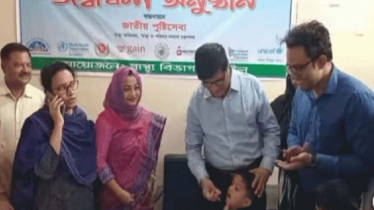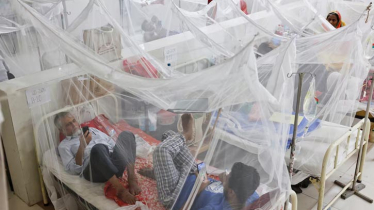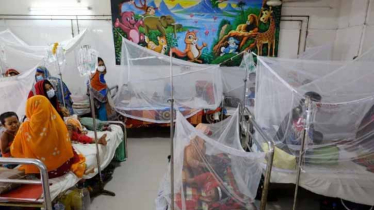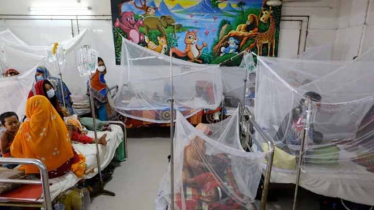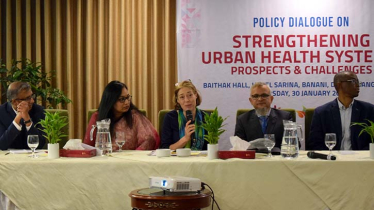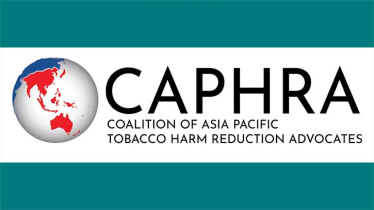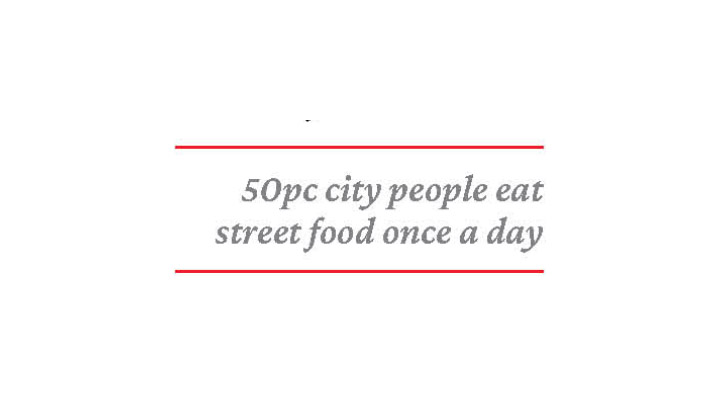
Photo: TDM
About 50 percent of the capital city dwellers (60 percent of women and 40 percent of men) eat street food at least once a day, while 90 percent of street food is unsafe for consumption.
A study, conducted by the government's Public Health Institute, has revealed such distressing findings regarding the safety of street food in Dhaka.
According to the UN’s Food and Agriculture Organisation (FAO), about 45 lakh people in Bangladesh suffer from various diseases due to food poisoning every year.
The organisation further added that unsafe food and water are one of the main reasons many patients get admitted to hospitals with diarrheal diseases.
In a study conducted by the government's Public Health Institute in November 2017 on chemical contamination and bacterial infection in food, it was found that about 90 percent of street food in Dhaka is unsafe. Harmful bacteria like E. coli and salmonella have been found in these foods.
This information was given at a function organised at the Bangladesh Safe Food Authority auditorium on the occasion of World Safe Food Day, 2023, on Thursday.
The theme of this year's Food Day is 'Ensuring safe food is a collective responsibility'.
Moniruzzaman Siddique, Joint Manager of Padakkhep Manabik Unnayan Kendra, presented the keynote paper at the event. He said that when the issue of delicious food comes up, 'street food' comes to mind, which is usually prepared, sold, and eaten on the side of the road.
Earlier in 2015, a study by the International Centre for Diarrhea Disease Research, Bangladesh (ICDDR,B) found harmful bacteria in 55 percent of street food. And 88 percent of vendors have unhealthy germs on their hands.
According to these data, three lakh people die of cancer, 50,000 are affected by diabetes, and another two lakh suffer from kidney disease every year due to the consumption of adulterated food.
It can be assumed, therefore, that the huge amount of money spent on addressing the health consequences of adulterated food could have been spent on activities supporting public health promotion.
It was informed in the event that since Bangladesh is engaged in global trade, it is very important to ensure the safety of imported and exported food products.
In this event, the Bangladesh Safe Food Authority made several recommendations to ensure safe food in Bangladesh. They include:
Food safety laws and regulations must be properly enforced to strengthen and ensure a safe food control framework; education and awareness of food safety among the general public should be increased; strict regulations should be formulated for food processing units to maintain hygiene, sanitation, and food quality; and mobile and accredited food laboratories should be set up across the country for food hazard identification and food testing.
The Bangladesh Safe Food Authority believes that by implementing these measures, it will be possible to protect public health and create a sustainable safe food system by improving food safety processes.

